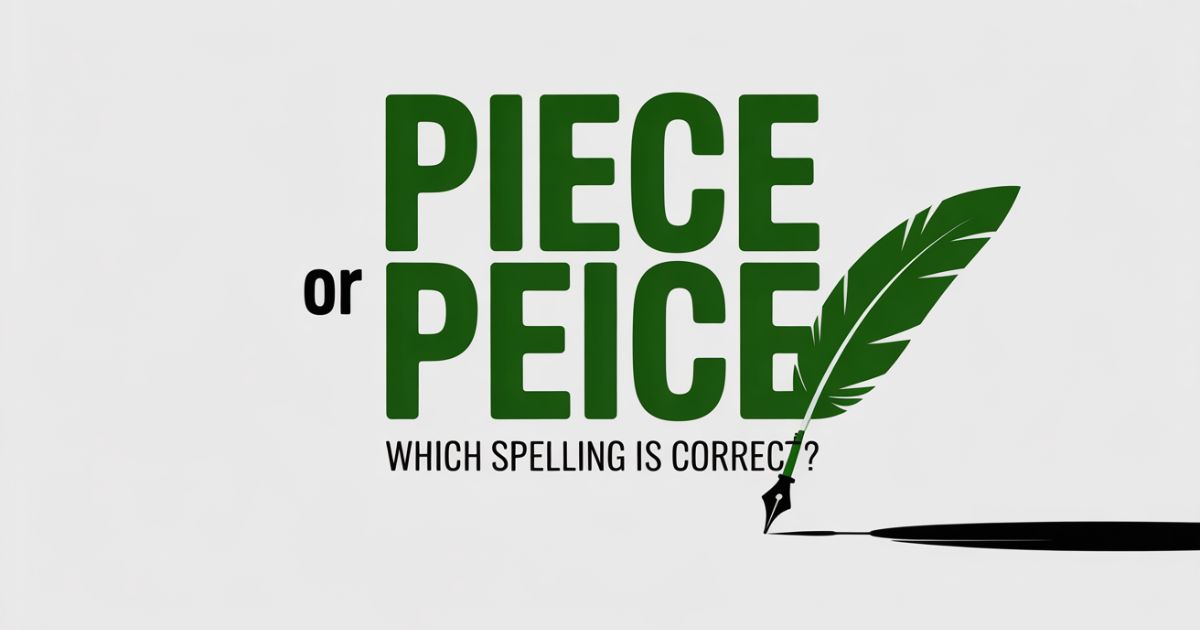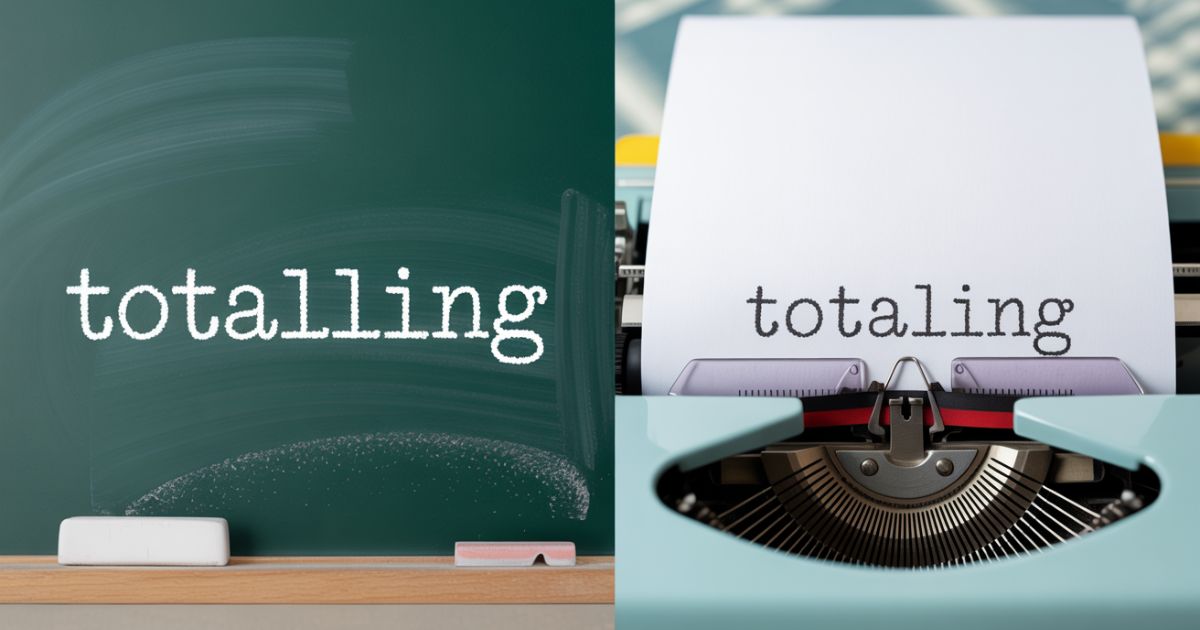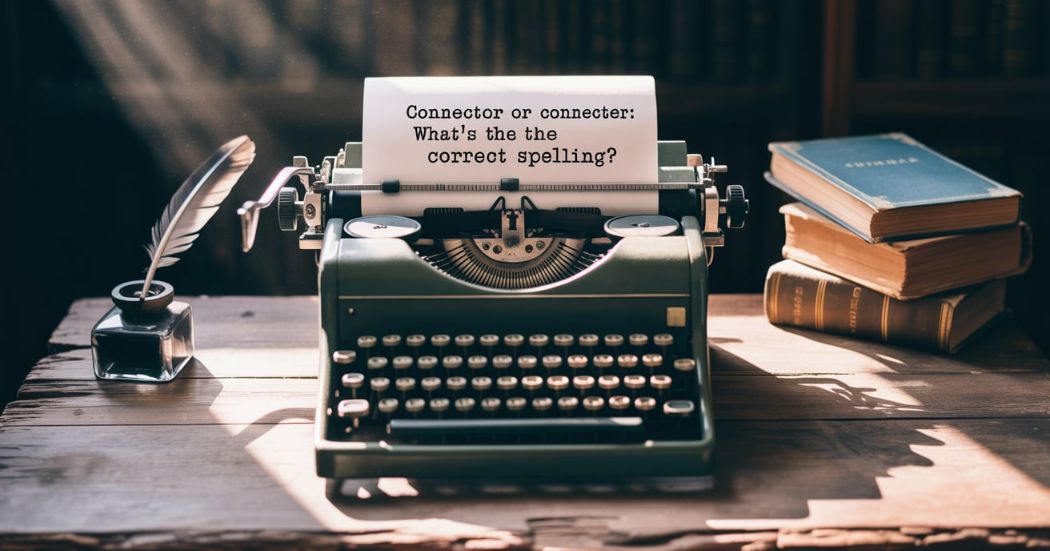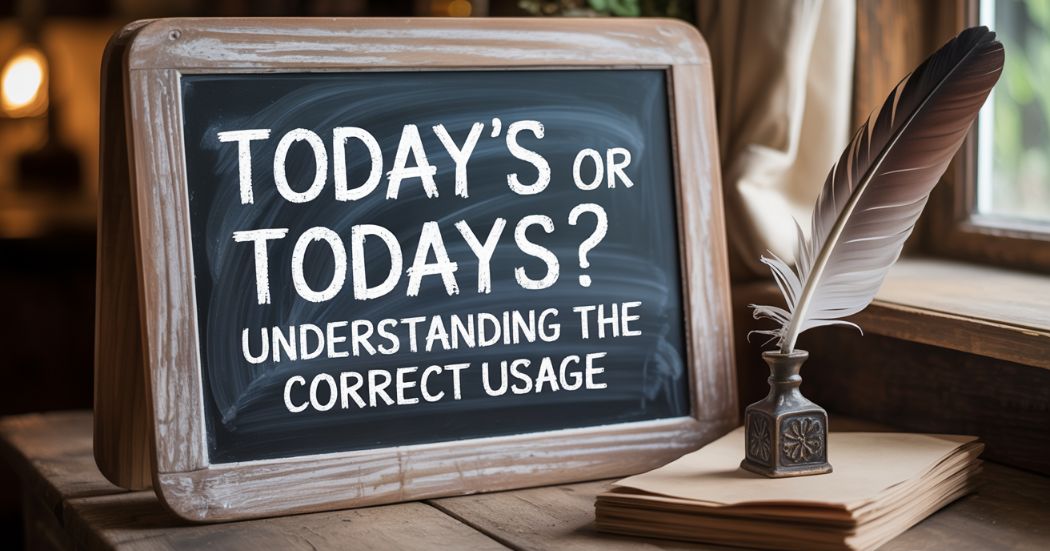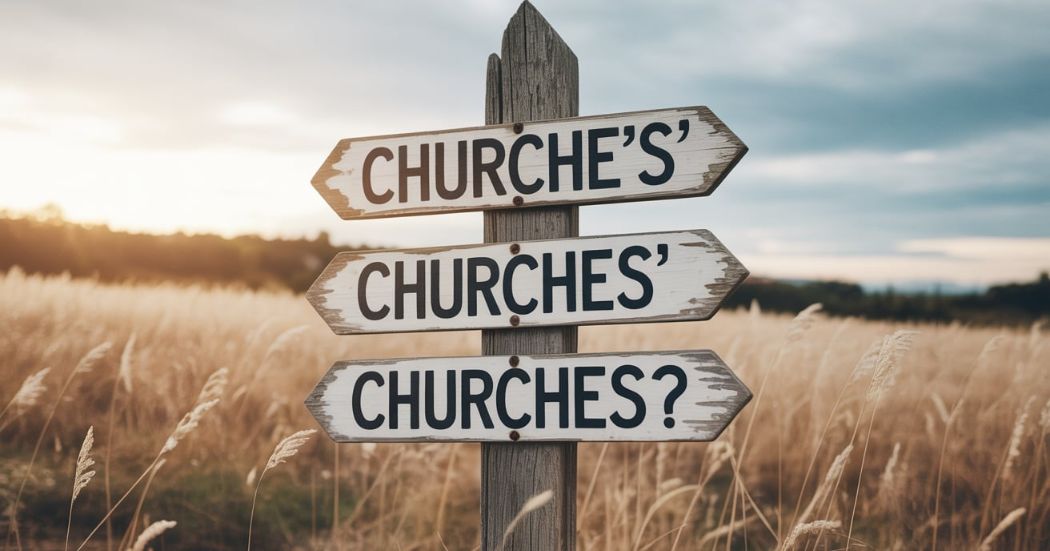Hustle or Hussle: Which Spelling is Correct?
The English language is rich in words that are commonly confused with one another, and among these are the terms hustle and hussle. While they may sound similar, they have distinct meanings, and one of them is a common misspelling. In this article, we’ll explore the proper spelling, meaning, and usage of both words, providing … Read more


